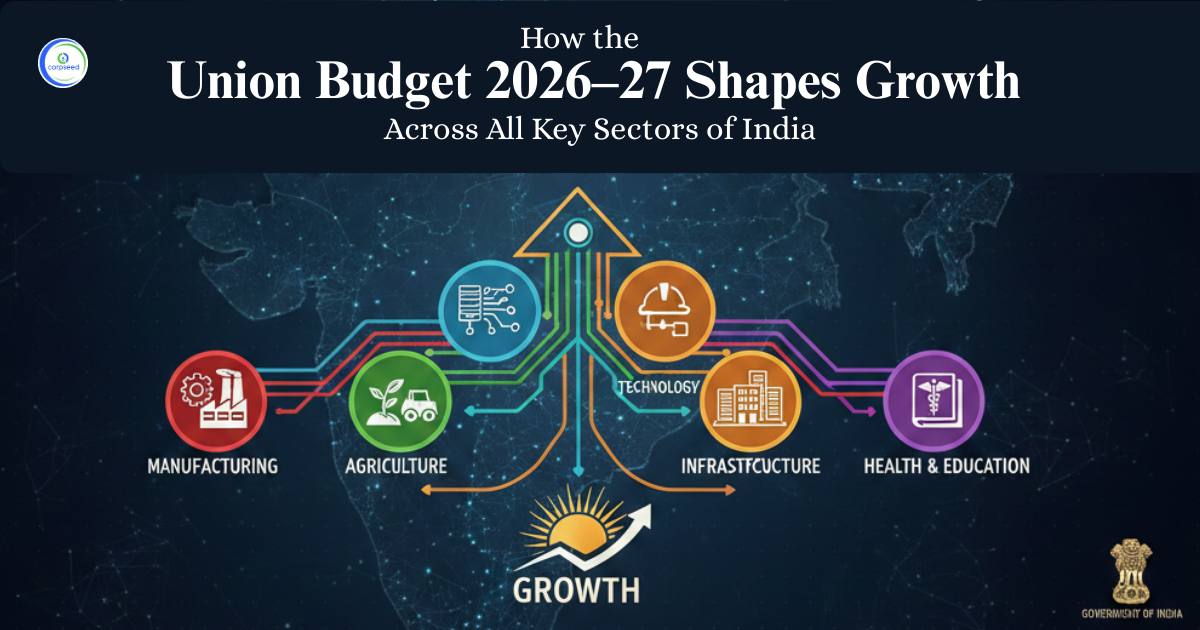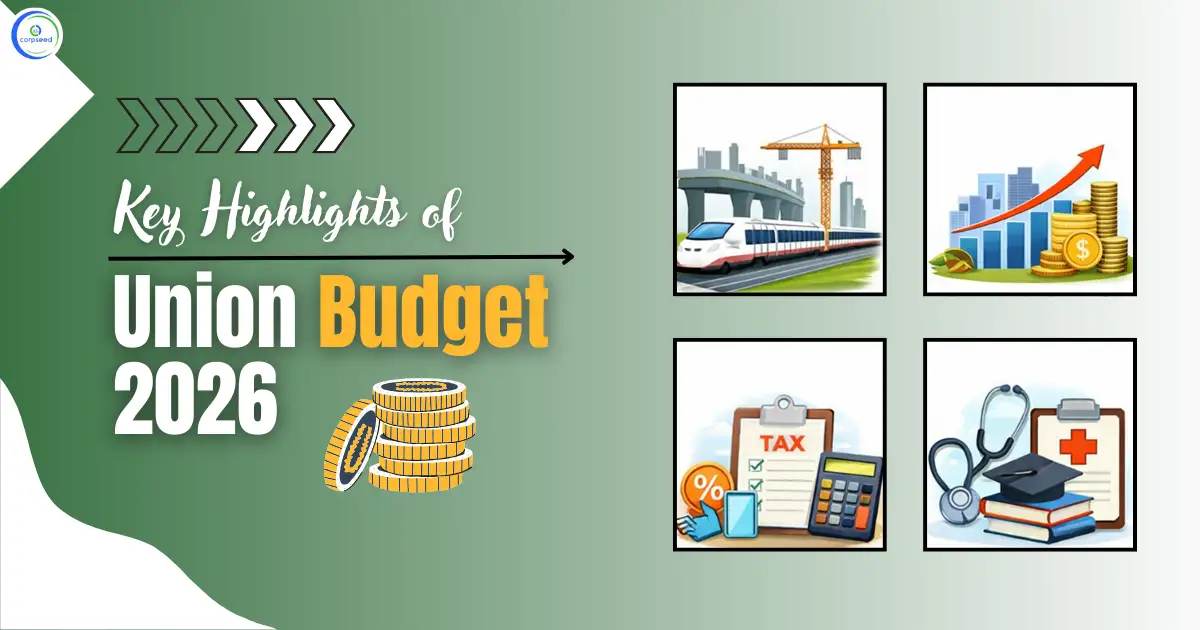HRM Information System Consulting
Human resource management (HRM or HR) is defined as the management of human resources by maximizing employee performance in a corporate setup. The HR Department of any small, medium or large organization is mandated to manage people within organizations, focusing on policies and systems. The main functions of HR departments are to oversee employee-benefits design, employee recruitment, training and development, and performance appraisal and rewards. The other functions of HR are organizational change and industrial relations, including the balancing of organizations’ labor policies with the rules and guidelines of labor and other governmental laws. An HR employee is required to have a sound understanding and practical knowledge of recruiting, training, employee relations, and employee benefits.
HRMIS (Human Resource Management Information System)
An HRMIS (Human Resource Management Information System) can be defined as a network of systems and processes of the Human Resource Management Department that act as an interface between HR functions and information technology through HR software. An HRMIS enables the automation of repetitive and time-consuming tasks associated with the HR Department and helps the HR executives to focus on more important HR issues, such as Organization culture, employee training & retention, and other high-impact tasks.
Functions of HRMIS
The job description of an HR manager involves tracking employee attendance, skills, abilities, salaries and accomplishments. An HRMIS system can be employed to perform the above tasks by allowing employees to update their own personal information so that the responsibility of gathering information of employees can be distributed among various systems and processes.
An HRMIS consists of numerous modules and subsystems. Each module performs a distinct HR function within the HRMIS that helps with information gathering or tracking. HRMIS modules can assist with:
- Payroll Management
- Recruitment and onboarding
- Collection, storage, and access of employee information
- Keeping attendance records and tracking absenteeism
- Performance evaluation
- Appraisal/Employee Benefits Administration
- Training & Learning management
- Employee Log-in
- Employee task scheduling
- Detailed Analytics and informed decision making
- Levels of HRM Information Systems Integration
There are Three Tiers of HRM Implementation in a Corporate
Operational HRMIS: Operational HRMIS is the least integrated with a company and performs routine administrative functions such as employee attendance and payroll management and maintaining personal data of the employees.
Relational HRMIS: Relational HRMIS is implemented to support normal business processes by performing HR functions, such as employee training, recruitment, performance management, and appraisals and termination.
Transformational: Transformational HRMIS is a fully integrated Information System for strategic HR functions such as employee retention programs, work/life balance programs, succession planning, and health, safety and security programs for the employees.
This portion of the site is for informational purposes only. The content is not legal advice. The statements and opinions are the expression of author, not corpseed, and have not been evaluated by corpseed for accuracy, completeness, or changes in the law.
BOOK A FREE CONSULTATION
Get help from an experienced legal adviser. Schedule your consultation at a time that works for you and it's absolutely FREE.


.webp)






